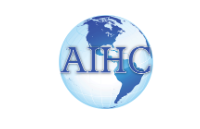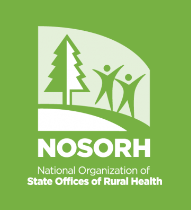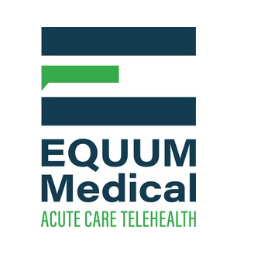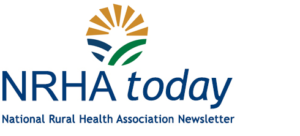August 25, 2023

Free Virtual Event – Enabling Patient Access to Health Data for Actionable Results
Don’t miss this opportunity to learn about the latest developments in patient data access and how you can be a part of the path forward.
Avoid information blocking which is the practice in which a healthcare provider, health plan, or other covered entity intentionally interferes with the access, exchange, or use of electronic health information. The information blocking rule, which was established under the 21st Century Cures Act, requires covered entities to make EHI available for access and exchange in a way that is secure, timely, and appropriate to the circumstances.
The ultimate goal of the Information Blocking Act is to promote greater collaboration and coordination among healthcare providers and other stakeholders, which can lead to improved quality of care, better patient outcomes, and more efficient use of healthcare resources. By breaking down barriers to the exchange of health information, this legislation aims to facilitate the development and implementation of innovative healthcare solutions that can improve the overall health of the population.
Register for this FREE virtual event sponsored by CMS and the Office of the National Coordinator for Health Information Technology (ONC) on the topic of bringing together patients, providers, payers, and health IT developers to discuss patient access to their health data, including:
- How HHS policies are working in practice
- How to maximize the impact of these policies
The sponsors will also highlight educational tools and resources, such as patient-facing apps that allow patients to get their health information and make it easier to understand.
Register for this event.








